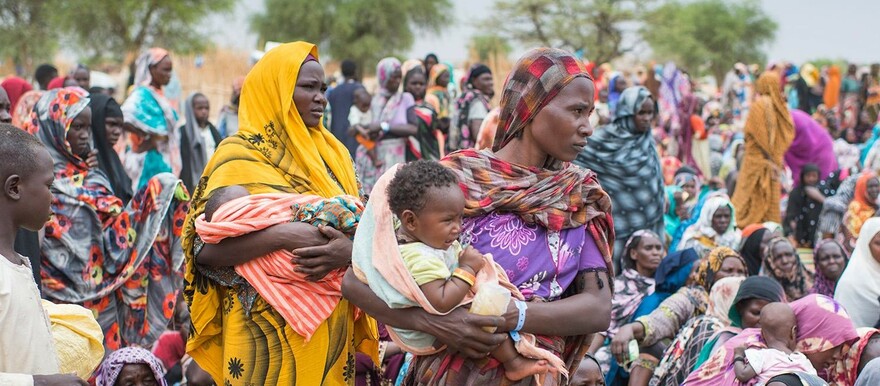The Secretary General of the Norwegian Refugee Council (NRC), Jan Egeland, said the humanitarian organization is horrified by global inaction as countless defenseless civilians are killed and displaced within and from Sudan.
He said more than 500,000 people have now fled from the war in Sudan to South Sudan and it implies that over 30 percent of all the refugees, asylum seekers, and ethnic South Sudanese were forced to flee Sudan since the war exploded in April 2023 for protection in one of the poorest places on earth.
“We witness a total disregard for civilian life and heinous atrocities committed by the parties to the conflict. The devastating impact of the conflict has spread to surrounding countries where host communities have no capacity to cope with the massive displacement,” he stated. “South Sudan, which has itself recently come out of decades of war, was facing a dire humanitarian situation before the war in Sudan erupted. It already had nine million people in need of humanitarian aid, and almost 60 percent of the population facing high levels of food insecurity”
“The outside world must better support South Sudan as it shoulders the cost of more than half a million people fleeing conflict,” Egeland added.
He said the world cannot afford to look away while unspeakable violations are taking place in Sudan and neighboring countries shoulder a burden they cannot bear.
“We call on the parties to the conflict to stop the carnage and allow aid organizations including the Norwegian Refugee Council to reach all civilians in need,” Egeland stated. “And we appeal to the international community to donate generously to help civilians survive wherever they are.”
As of 28 January 2024, more than 528,000 ethnic South Sudanese, Sudanese refugees, and other third-country nationals had crossed at entry points along the South Sudan border into Abyei Administrative Area, Nile, Unity, Northern and Western Bahr El Ghazal. The majority, 81 percent, entered Jodrah before making their way to the transit center in Renk.
“Ethnic South Sudanese who have crossed the border from Sudan are commonly referred to as “returnees”, but in reality, many of them were born in Sudan and have never been in South Sudan, and therefore have no kinship connection in host communities,” NRC’s statement said.
The 2024 Humanitarian Response Plan estimates that 9 million people will need humanitarian aid in South Sudan, including more than 1.6 million children under 5 years old at risk of acute malnutrition.
Donors have announced funding cuts in South Sudan for 2024 by as much as 40 to 50 percent, mostly attributed to the rising needs and emergencies globally.
Humanitarian organizations are targeting 6 million people in 2024 meaning the needs of many will remain unmet.
Humanitarian actors are stretched to capacity as there is already not enough food, clean water, sanitation facilities, and shelter, healthcare, or protection services in transit centers, existing displacement sites, refugee settlements, and host communities into which vulnerable people are arriving.
South Sudan faces one of the worst food crises in the world.
Until March 2024 an estimated 5.8 million people, 46 percent of the population, are projected to be in IPC Phase 3 (serious and critical) and above. For the lean period April to July 2024 the number rises dramatically, with 7.1 million people (56 percent) projected to be in IPC 3 and above. The IPC projection is that 1.6 million children under 5 years of age are at risk of acute malnutrition, of which nearly 500,000 are at risk of severe acute malnutrition (IPC Integrated Food Security Classification).




